 Chabad Rabbi Mendel Zarchi hands out food and water in San Juan, Puerto Rico, after the island was devastated by Hurriance Maria on Sept. 20. Photo courtesy of Rabbi Mendel Zarchi
Chabad Rabbi Mendel Zarchi hands out food and water in San Juan, Puerto Rico, after the island was devastated by Hurriance Maria on Sept. 20. Photo courtesy of Rabbi Mendel Zarchi It took three phone calls via WhatsApp to connect with Chabad Rabbi Mendel Zarchi in San Juan, Puerto Rico.
A week after Hurricane Maria had torn through the region the day before Rosh Hashanah, Zarchi spoke with the Journal via a “hotspot” — someone else’s phone that had internet connectivity, because his did not. Most of the tiny island territory still was without water or power.
Zarchi’s voice cracked as he talked of living through the night of the storm in the storage room of San Juan’s Chabad House with his wife, Rachel, their 7-year-old-son, Ari, and two other families.
“We experienced a torrent of winds that is unfathomable,” Zarchi said. “When you see windows shaking, hear the winds howling and see a raging river flowing contrary to its natural flow with waves close to 3-feet high, there’s no illusion that this can be conquered. This was God’s force.”
The families were safe in the Chabad structure, which was built 15 months ago and designed to withstand such storms.
Venturing outside the day after the storm, Zarchi said the area looked like a war zone. “The streets were deserted, there was flooding, chaos, downed wires and telephone lines,” and the roof of his home had been torn off, he said.
And yet, it never entered his mind to cancel Rosh Hashanah services.
“At around 3 p.m. [on Erev Rosh Hashanah], the trauma wore off a bit, and the reality set in that it was going to be Rosh Hashanah,” he said.
Zarchi said his first concern was the safety of the community. For those who could make it to synagogue, there would be davening and meals, courtesy of the rebbetzin, made possible by Chabad House’s generator that provided power for cooking and light.
Together with local volunteers, Zarchi made his way to the synagogue. “It was flooded with hundreds of gallons of water, and our roof had been ripped off, but we rolled up our sleeves and opened the doors,” he said. “The brooms were brought out — we had no mops — and the sweeping began. It took about two hours. We barely made it.”
Usually, 50 to 100 people attend High Holy Days services at the Chabad shul. On this Erev Rosh Hashanah, 15 people made it.
“At around 3 p.m. [Erev Rosh Hashanah], the trauma wore off a bit, and the reality set in that it was going to be Rosh Hashanah.” — Rabbi Mendel Zarchi
The next morning, another small group braved the elements to attend services, which were conducted without a cantor. The cantor was stranded in Chicago after his flight was canceled due to hydraulic problems. He missed his alternate flight because it left two hours early to reach Puerto Rico ahead of the hurricane.
Zarchi said his prepared sermon “went out the window. It was about the emotions of the moment, and it didn’t need preparation.”
In his improvised sermon, he spoke of how we seek security in our families, our homes and our businesses. “We want to feel protected, and in a moment we see how vulnerable we are and how we’re dependent on our creator,” he said. “And on the other hand, we don’t control the events around us, but we do control how we respond to them.”
Zarchi told his congregants that when he walked outside at 7 a.m. that first day after the storm, seeing few people, he noticed “one old man bending down and picking leaves out of a drain. He did that for hours. He chose to respond in a selfless way and he made a difference.”
Zarchi also met with San Juan Mayor Carmen Yulín Cruz. He said he told her, “We have deep roots in this community, and we will remain to see the rebuilding of this beautiful island.”
Zarchi said the mayor requested that he keep her and the island in his prayers. Zarchi said he promised he would. In return, he asked for the nightly curfew to be lifted for those wanting to attend Kol Nidre services on Erev Yom Kippur. He said she told him, “I’ll send out a tweet immediately, encouraging the Jewish people to go to their synagogues and asking the police to allow them to go pray.”
Throughout the days after the storm, Chabad flew in supplies.
Zarchi said visiting some of the poorest communities was important.
“We bring them food and water, and also a message of hope that they can rebuild and somebody is thinking about them,” he said. “It could take months for government resources to come. I told them, ‘We’re here, we’re thinking about you,’ and it meant so much to them. We can all make a difference. We can all bring some order to the chaos.”
This article has been updated.







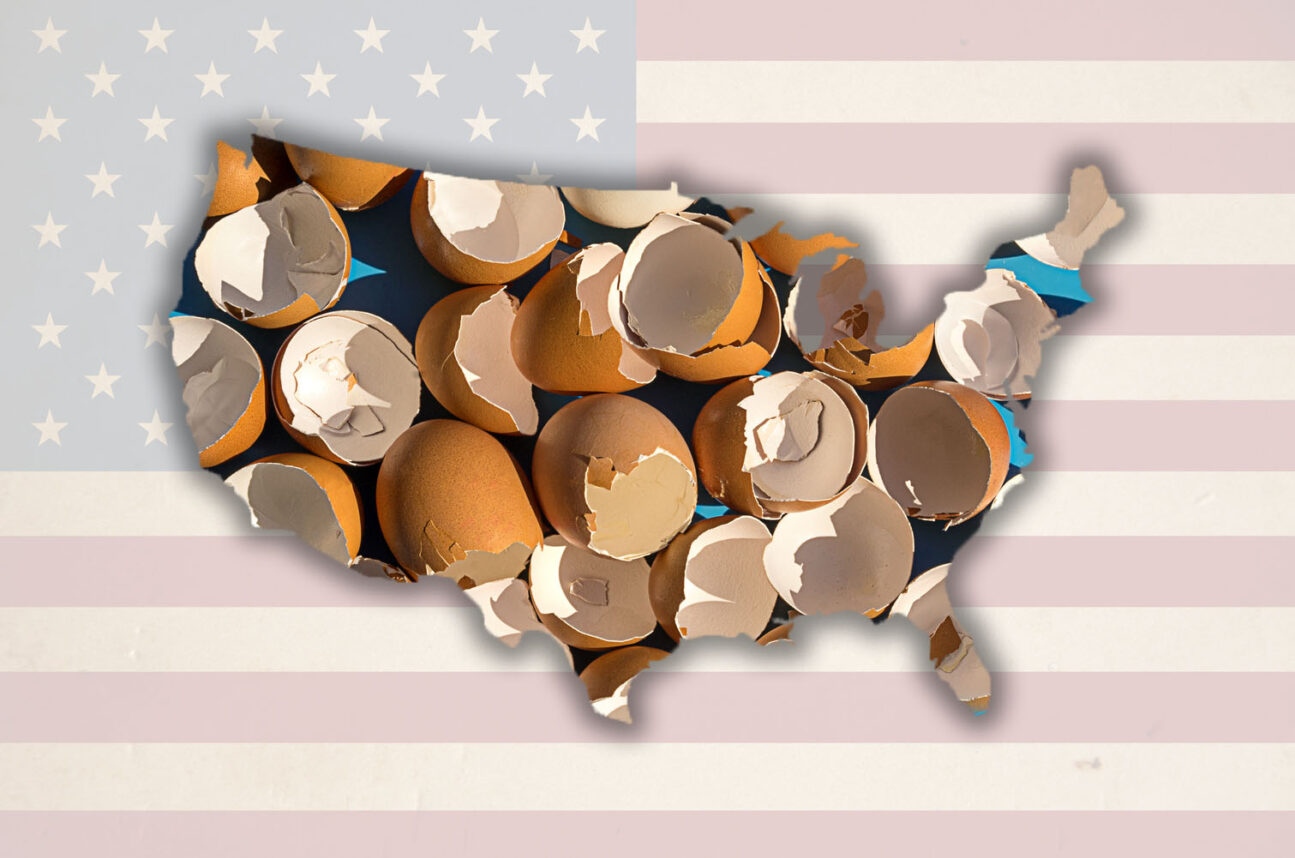
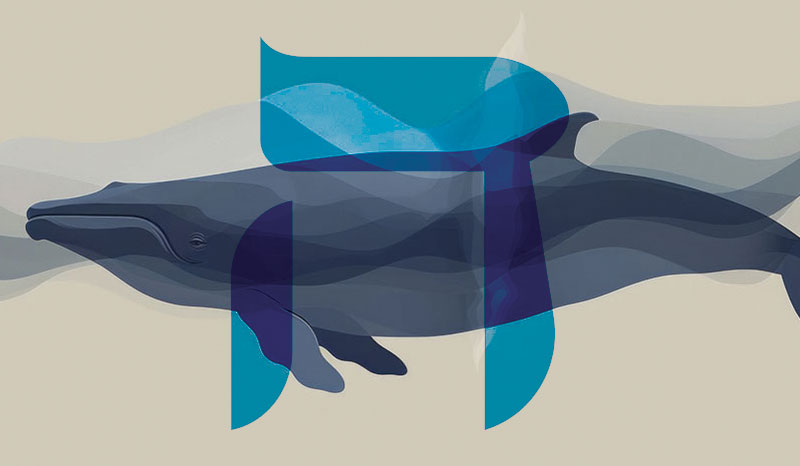
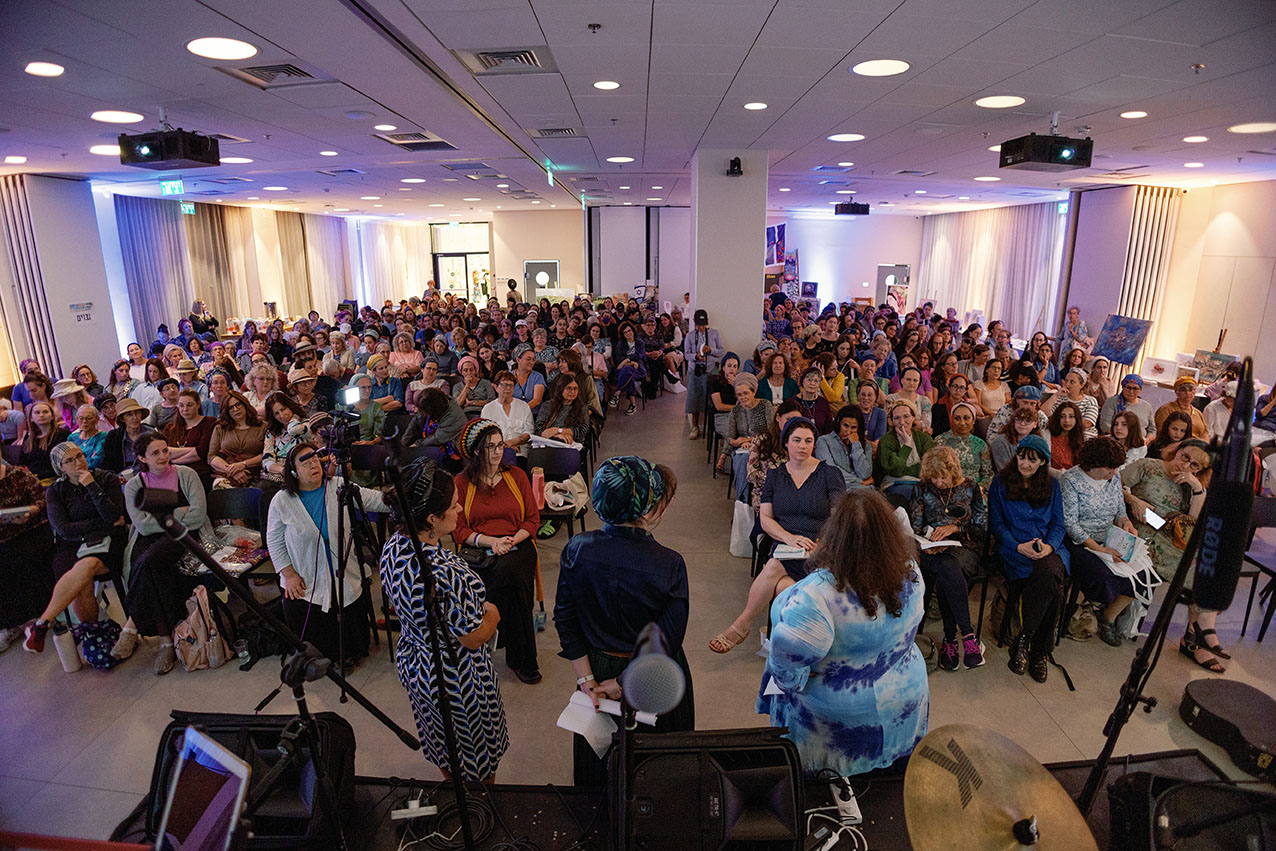
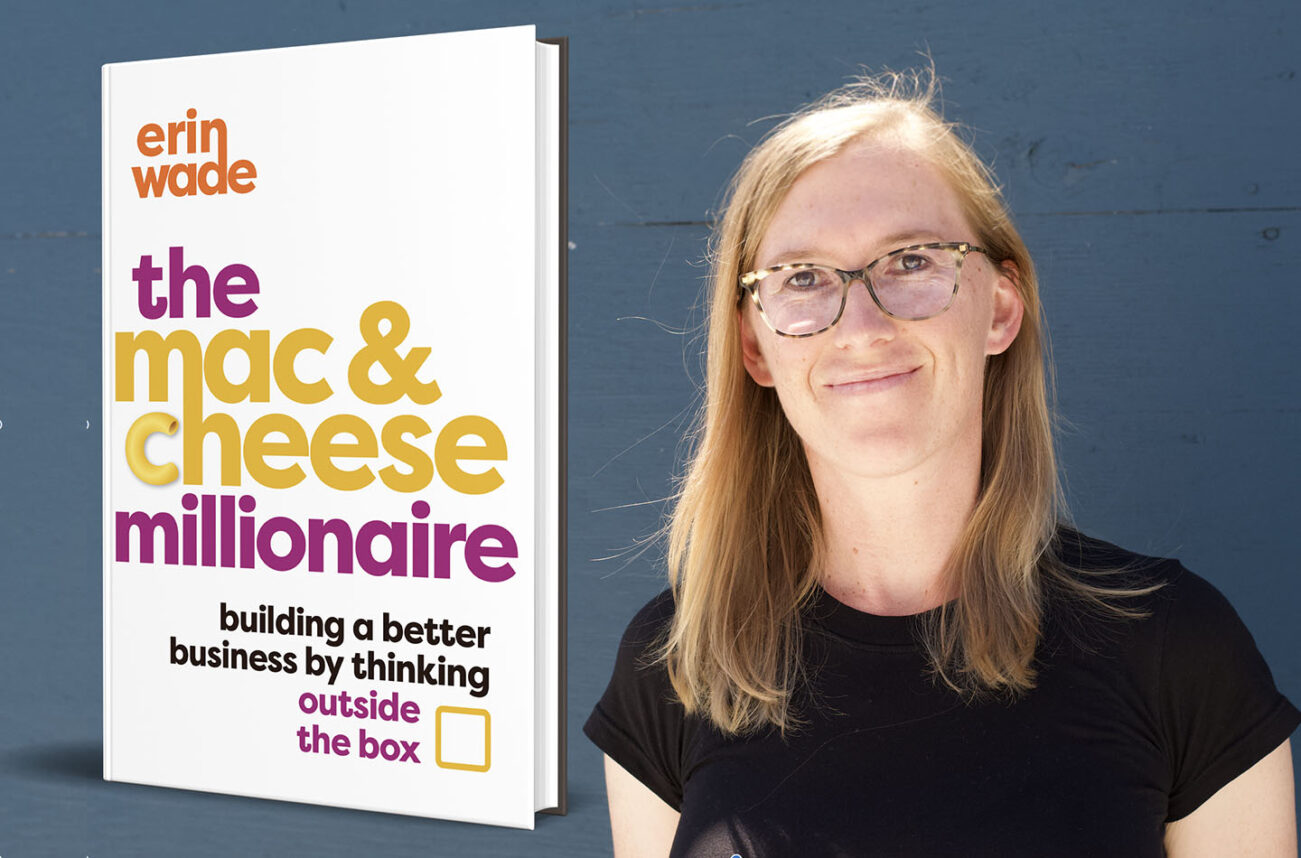
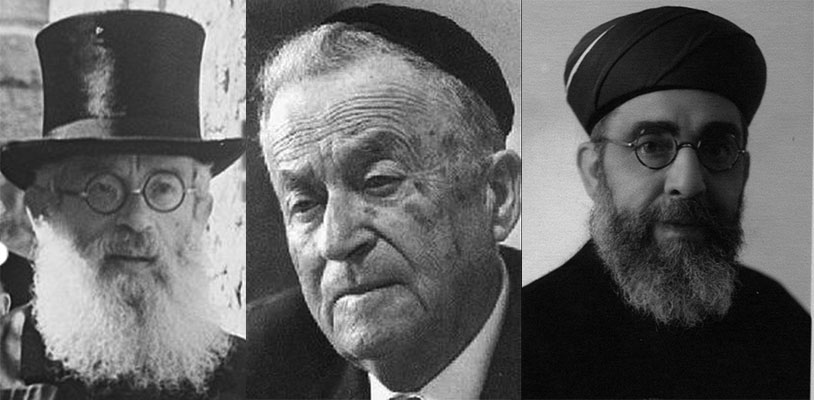
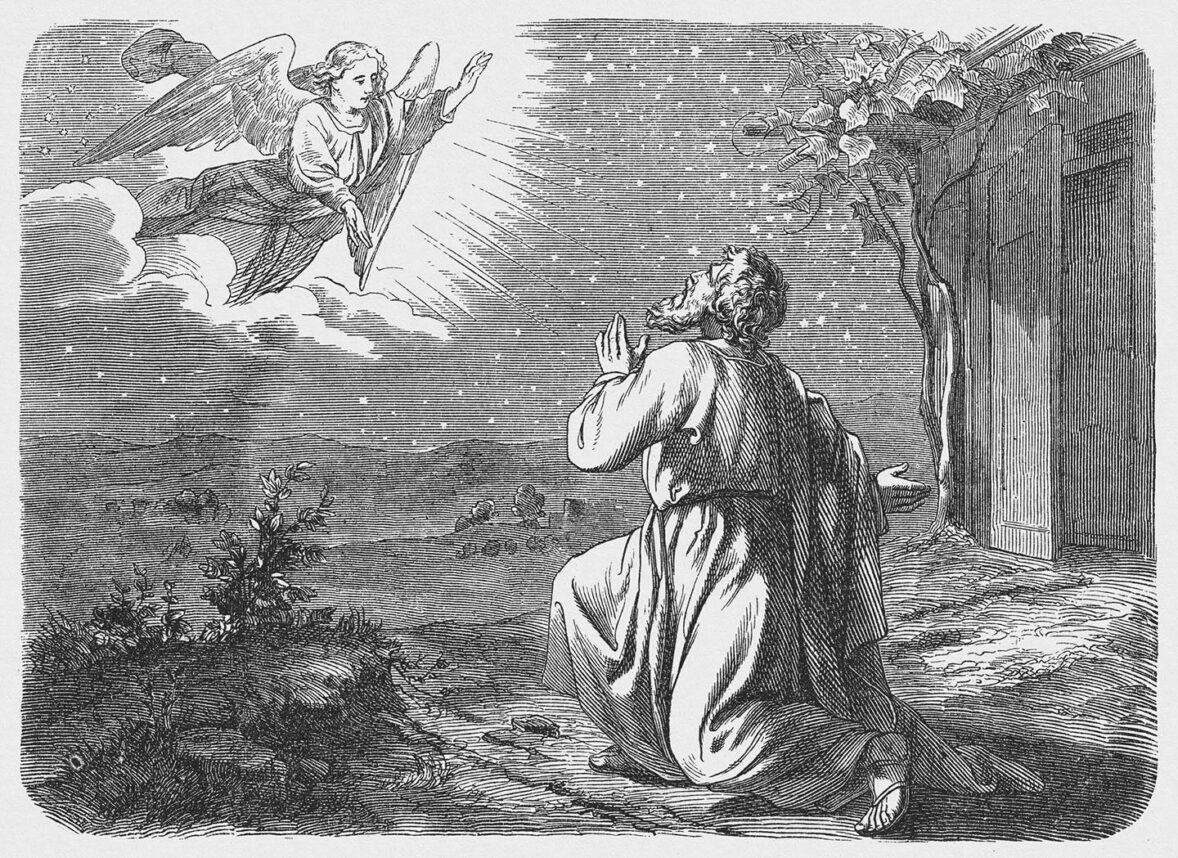
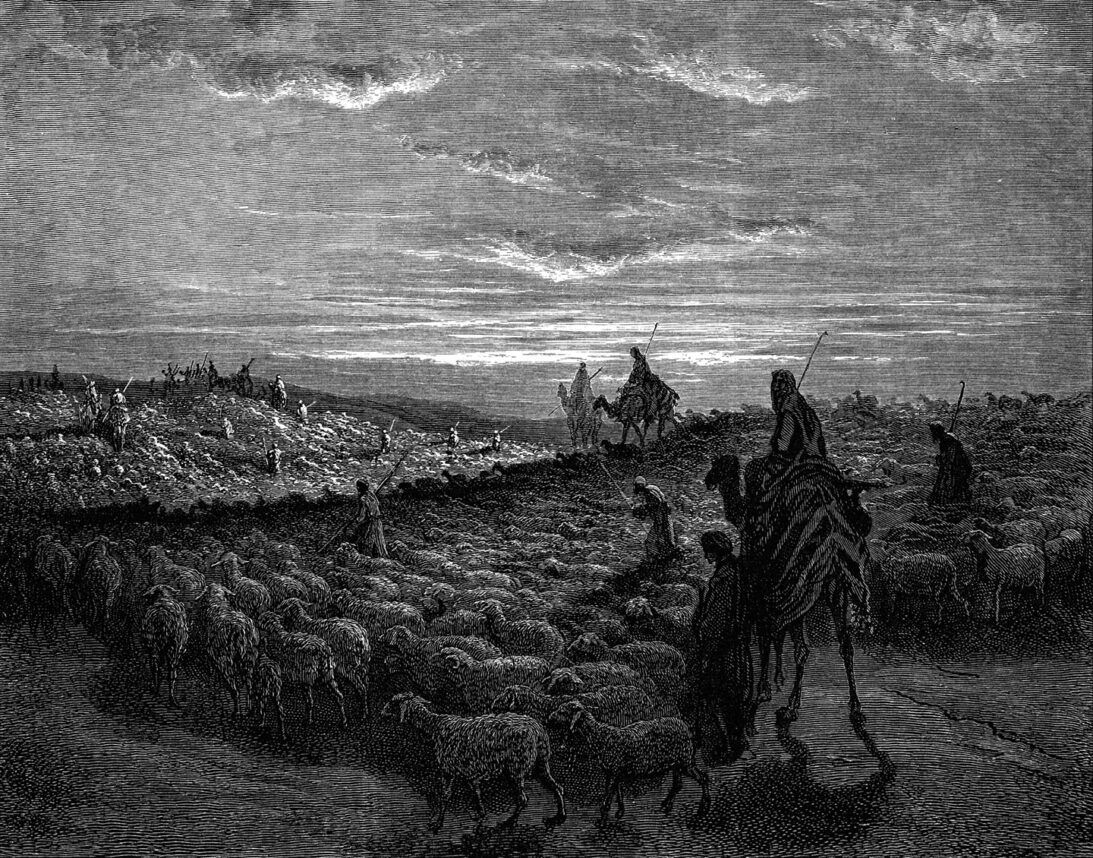
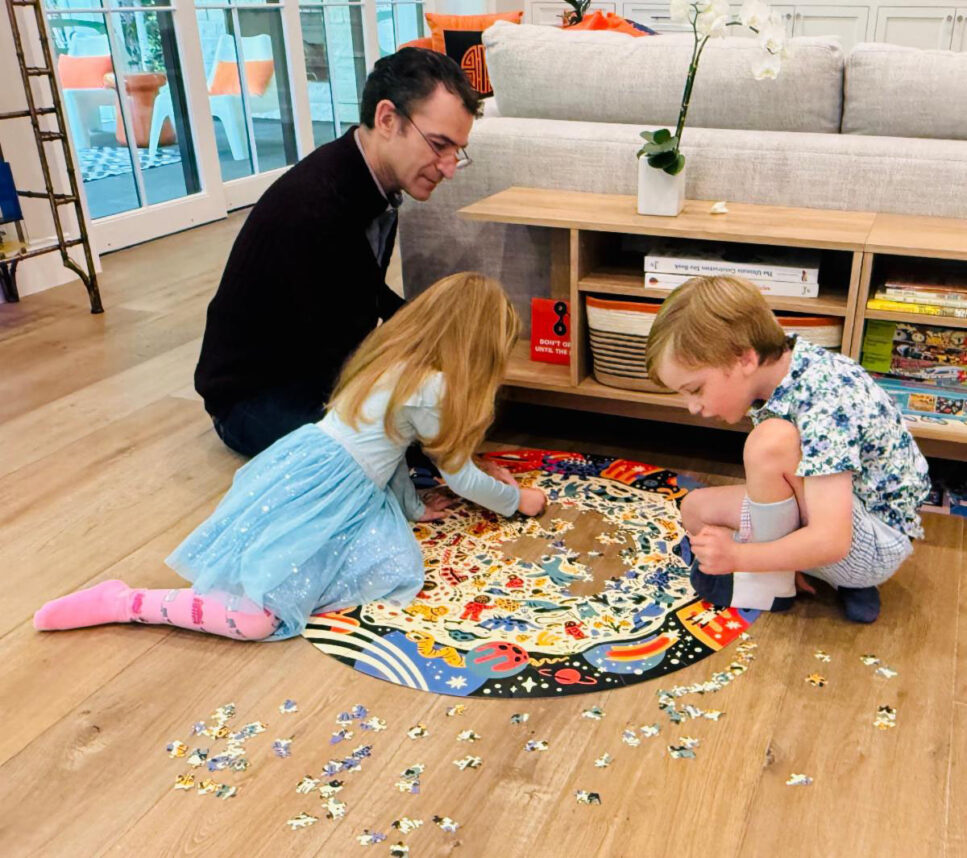

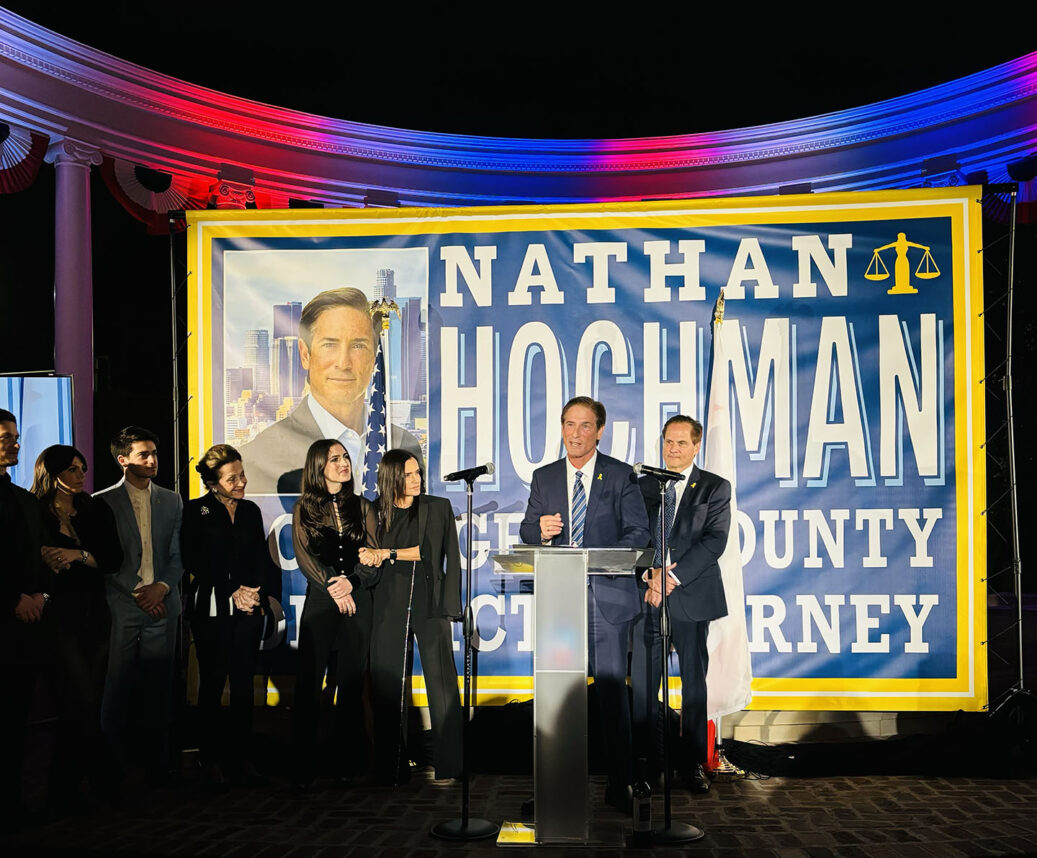



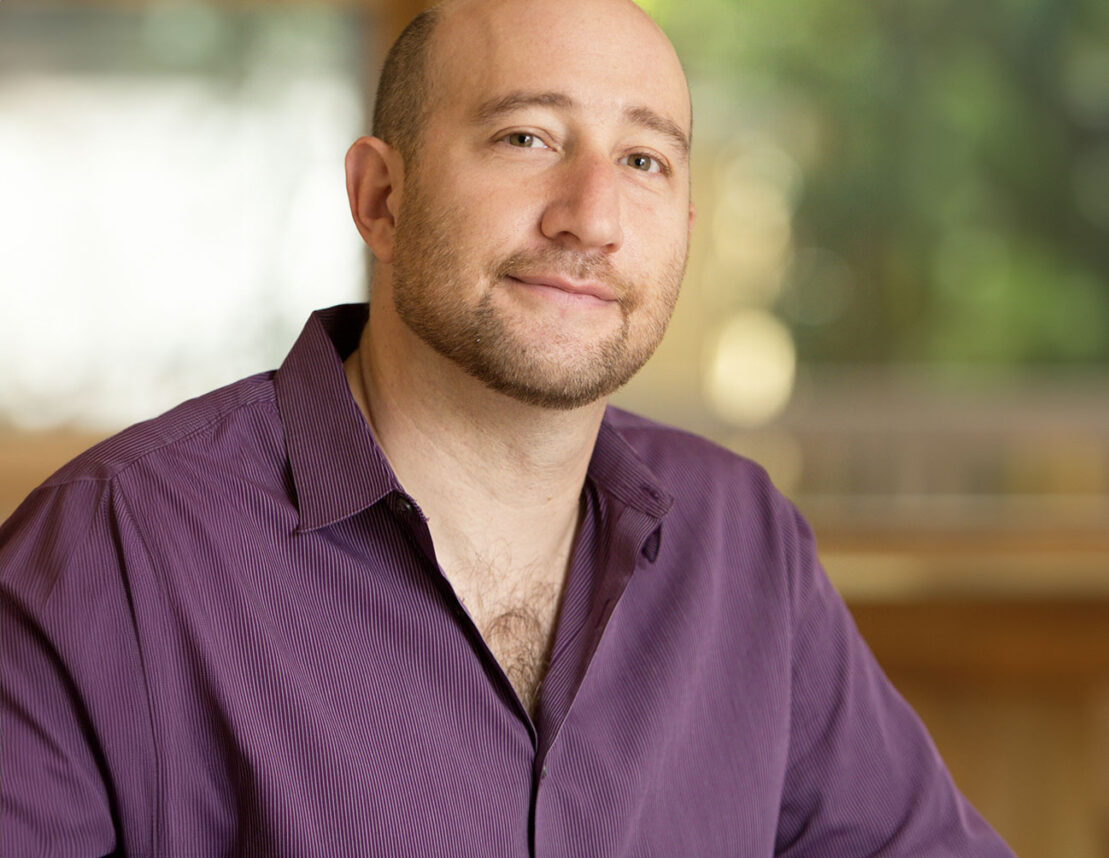
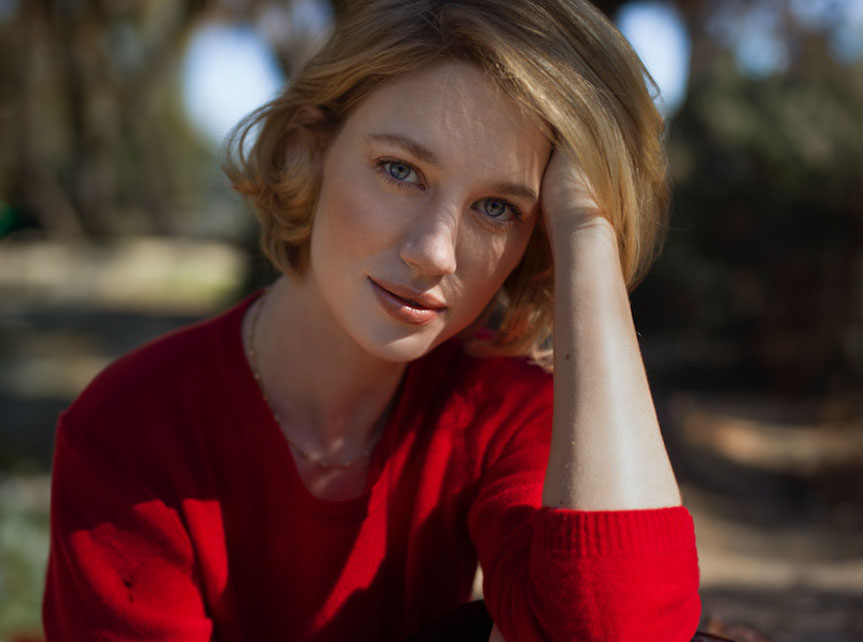
 More news and opinions than at a Shabbat dinner, right in your inbox.
More news and opinions than at a Shabbat dinner, right in your inbox.